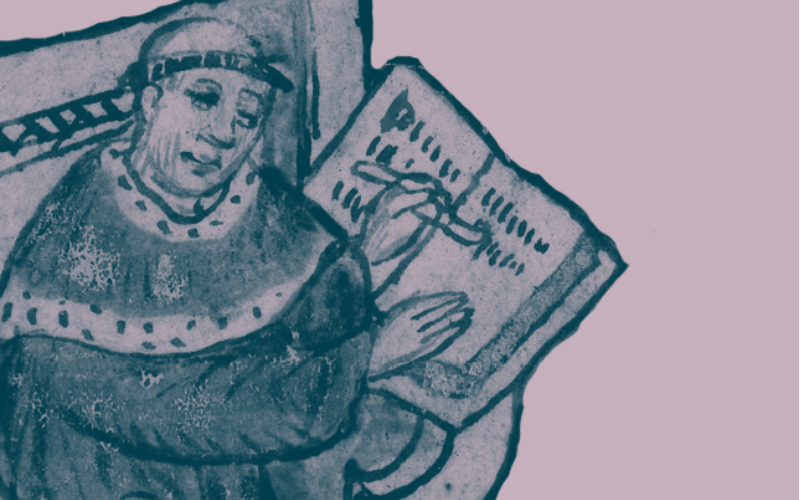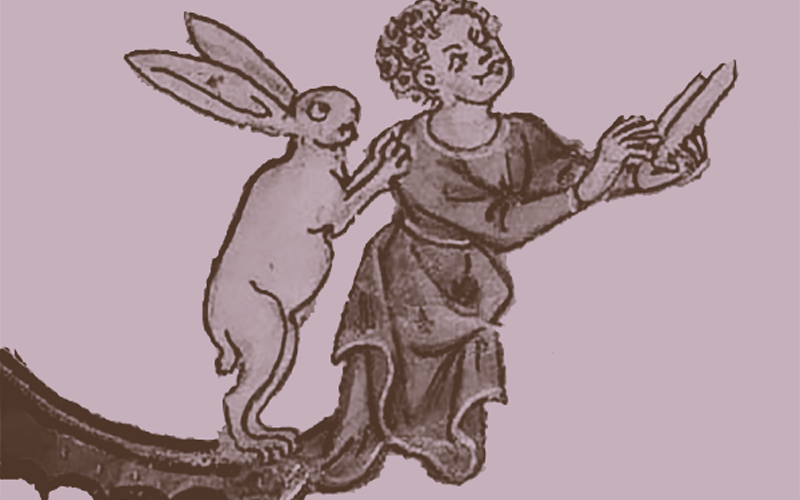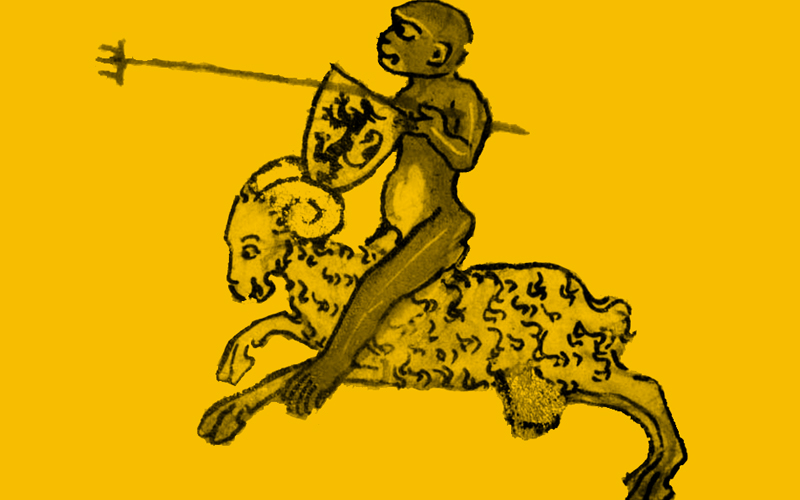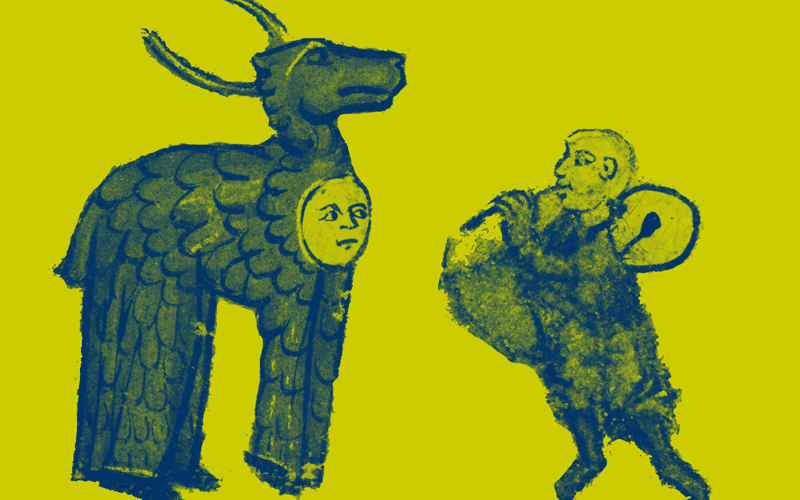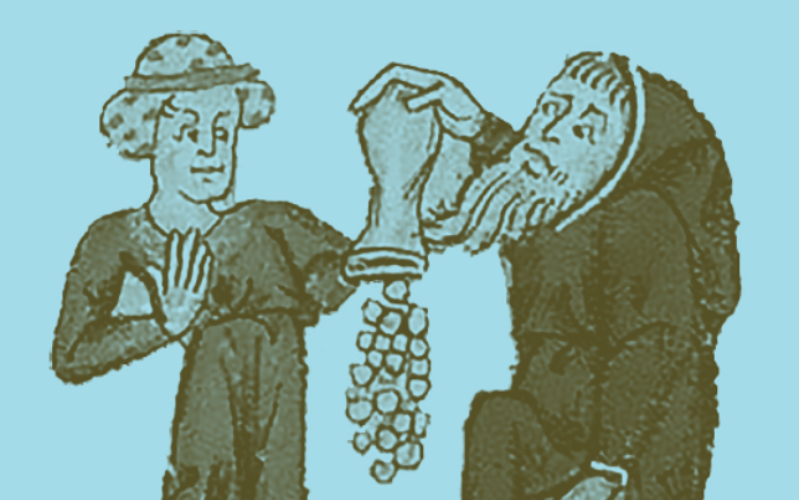Centre for Medieval and Renaissance Studies (MARS)
The square half-mile around the UCL Centre for Medieval and Renaissance Studies must contain the highest concentration of manuscripts, books and seminars relating to the period 400 to 1600 anywhere in the Anglophone world. Situated halfway between the British Library and the School of Advanced Study, the Centre benefits from the richness of local resources and acts as a focal point for collaboration in the Bloomsbury area. It is one of the UK's most prominent specialist centres for the study of the Medieval and Renaissance periods. Hosted by the History department but with teaching staff from across the university, we offer an MA degree in Medieval and Renaissance Studies as well as opportunities for PhD students. We also host a lively programme of seminars and events.
 Close
Close



